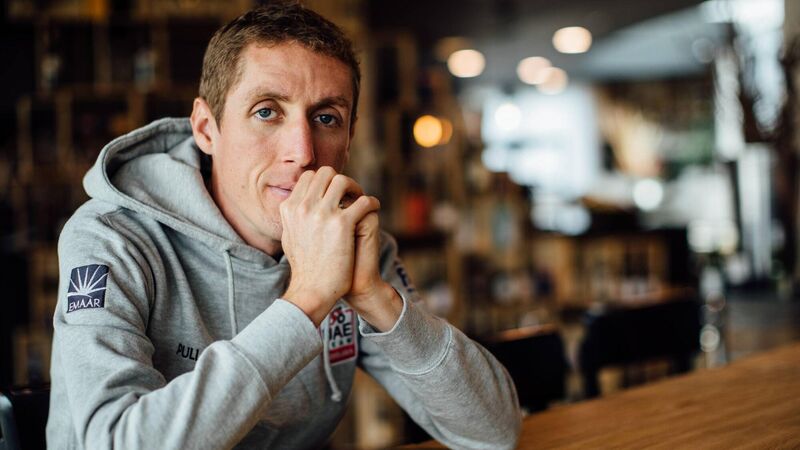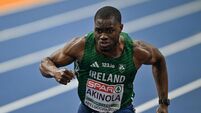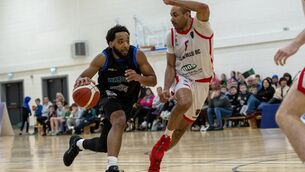'There’s almost an omerta around fear. We’re not allowed to be scared' - Dan Martin on being different

A TIME TO REFLECT: Dan Martin has left the fears of cycling behind...but the love will always remain. Pic: Chris Auld/Future Publishing via Getty Images
When Dan Martin retired last year as the only Irish rider to have top 10 finishes in all three grand tours, it was seen as the departure of one of the last great romantics of cycling. Now he’s written an ode to his sport but also a gritty depiction of how painful and fearful it can be too.
‘There’s always a moment when you’re ‘bound’ to crash. Fifty kilometres into my debut appearance in Fléche Wallonne, I ended up in a big crash. I shut my eyes. It’s an instinctive reaction; you close your eyes to protect them from a piece of plastic or metal. Or perhaps it’s just down to the fact that the body refuses to register that split second when it believes that pain is imminent. It saves you from a single second of suffering… I was in pain. I was alone. The peleton was disappearing into the distance. I never wanted to abandon. I reached the Mur de Huy, one of cycling’s sacred places. Even walking up it, you have to battle against the slope. Fans picnicking in a field urged me to hang on. Blood ran down from my knees onto my pedals. I loved that day.’ —











